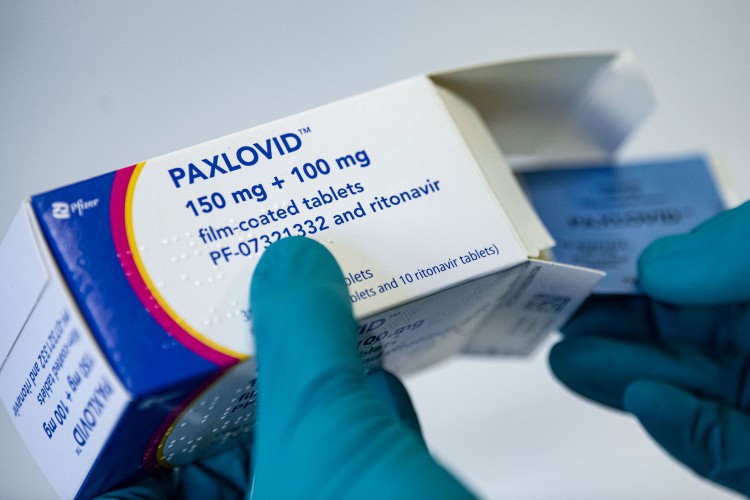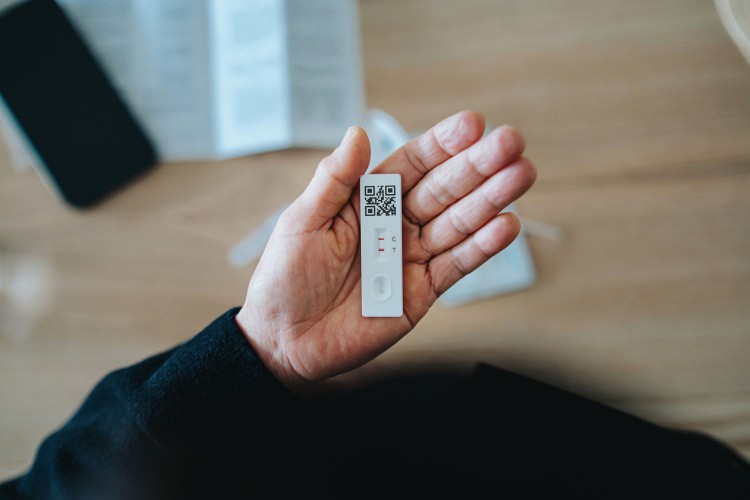- GLP-1 drugs like Wegovy and Ozempic may ease certain symptoms of menopause, like insulin resistance.
- Additionally, these drugs may help lower menopausal women’s risk of cardiovascular disease and diabetes.
- Experts recommend women consult a trusted healthcare professional before beginning any new medication treatments.
Could GLP-1 drugs, like Wegovy and Ozempic (both with the active ingredient semaglutide), benefit menopausal women?
Ozempic is commonly prescribed for people with type 2 diabetes, but, under the name Wegovy, it may also be used to help people lose weight.
A 2022 study found that in overweight and obese patients, the semaglutide treatment resulted in 5.9% of body weight lost after three months and 10.9% after 6 months.
One of the most popular demographics for semaglutide is menopausal women.
Women going through menopause tend to gain weight due to hormonal changes that occur during this stage of life. On average, women gain about one pound per year during menopause, and about 20% of women gain 10 or more pounds over this timeframe.
So, could GLP-1s provide some benefit to women entering this life stage of change?
Here’s how drugs like Wegovy may impact women going through menopause, how long this demographic should stay on semaglutide treatment, and how to decide whether or not going on Wegovy is right for you.
:max_bytes(150000):strip_icc()/GettyImages-1807240274-2c7c39cb23f34a97bb2d8620911c343d.jpg)
Getty Images / Bloomberg / Contributor
Wegovy May Help Curb Hormonally-Driven Insulin Resistance
Many women put on weight during menopause due to hormonal changes.
“Menopause is a unique time in women’s lives when there is a time of fat migration (adipose) to the midsection,” Fatima Cody Stanford, MD, MPH, MPA, associate professor of medicine and pediatrics, and obesity medicine physician-scientist at Massachusetts General Hospital told Health.
“This can be very frustrating as one goes through these hormonal changes associated with a decline in estrogen,” she said.
As circulating estrogen levels drop during menopause, insulin resistance can develop, explained Caroline Messer, MD, an endocrinologist at Northwell Lenox Hill Hospital.
And with possible insulin resistance, more dramatic hormonal shifts may make losing weight abnormally challenging for peri and post-menopausal, Lakshmi Priyanka Mahali, MD, an endocrinologist at Yale New Haven Health’s Northeast Medical Group, told Health.
But, weight gain may not be the only change women experience during this time.
“Menopausal women are at a higher risk of developing type 2 diabetes and cardiovascular diseases,” Priyanka Mahali said. “Some studies show that excess weight in menopausal women is associated with low self-esteem and increased hot flashes.”
GLP-1 drugs may provide some relief for a variety of aspects of menopause.
Ozempic, for example, could help menopausal women lose weight and reduce the risk of developing diabetes, and cardiac disease. Weight loss can be one of the effective treatments for vasomotor symptoms, including symptoms like hot flashes and night sweats, which are common for women going through menopause.
“Medications like Ozempic and Mounjaro help restore insulin sensitivity, allowing for weight loss and reduction in cardiovascular risk factors,” Messer explained.
It’s also important to note that every woman going through menopause does not need to take Ozempic.
“There appears to be a genetic link to weight gain and insulin resistance during menopause,” Messer said. “Many women can maintain healthy body weights and blood sugars despite the onset of menopause.”
Women Dealing with Perimenopause Swear These Products Provide Major Symptom Relief
Who Should Not Take Wegovy?
Stanford and Messer agree that certain groups of people should steer clear of GLP-1 drugs, including:
- People with thyroid cancer
- People who are pregnant
- People with a history of pancreatitis
- People with symptoms of gallstones
- People with active eating disorders
Wegovy Is Rarely a Short-Term Treatment
Something to consider when starting Wegovy is whether or not you’ll need to remain on the drug to maintain its positive side effects.
The same question applies to women in menopause who are using a GLP-1—can they stop taking the drug once they’re done with menopause?
“For patients with type 2 diabetes who use Ozempic or patients with overweight and obesity who use Wegovy that benefit from weight loss and metabolic health improvement, they will likely need to continue the medications long term to retain the benefit,” Stanford said.
She explained that these medications act on the brain pathways to regulate weight, so once you stop taking them, the benefit also stops.
“Ozempic is a long-term medication and not a fad ‘weight loss injection.’ The same applies to menopausal women,” Priyanka Mahali said. “There is a risk of weight regain after stopping Ozempic.”
But, not every woman who starts taking a GLP-1 drug during menopause will need to continue it after they’ve exited menopause.
“[Some] women will be able to maintain the weight loss off treatment once their hot flashes, insomnia, and mood changes resolve,” Messer said.
Deciding If Wegovy Is Right For You
While there are a variety of health benefits associated with GLP-1 drugs, certain things should be discussed with a healthcare provider before beginning the medication.
Medical history, including pregnancy-related history (like gestational diabetes) and challenges or obstacles faced during weight loss, should be discussed, Priyanka Mahali explained.
There’s also not just one drug option—semaglutide may be the most commonly known medication for diabetes and weight loss, but others exist and may provide better options depending on the circumstance.
For instance, Mounjaro (terizaptide) has been shown to cause a higher percentage of weight loss compared to semaglutide, Priyanka Mahali explained.
Details like which drug is best can, and should, be discussed with a trusted healthcare provider.
But overall, GLP-1 drugs may be an appropriate choice for women experiencing menopause.
“Given all of the secondary benefits of these medications (including decreased clotting and inflammation, lower cardiovascular risk, and improvement in blood pressure, cholesterol, liver enzymes, and sleep apnea),” Messer said, “we should have a low threshold to consider these medications during menopause.”
Does Ozempic Affect You Differently Depending on Your Age?








